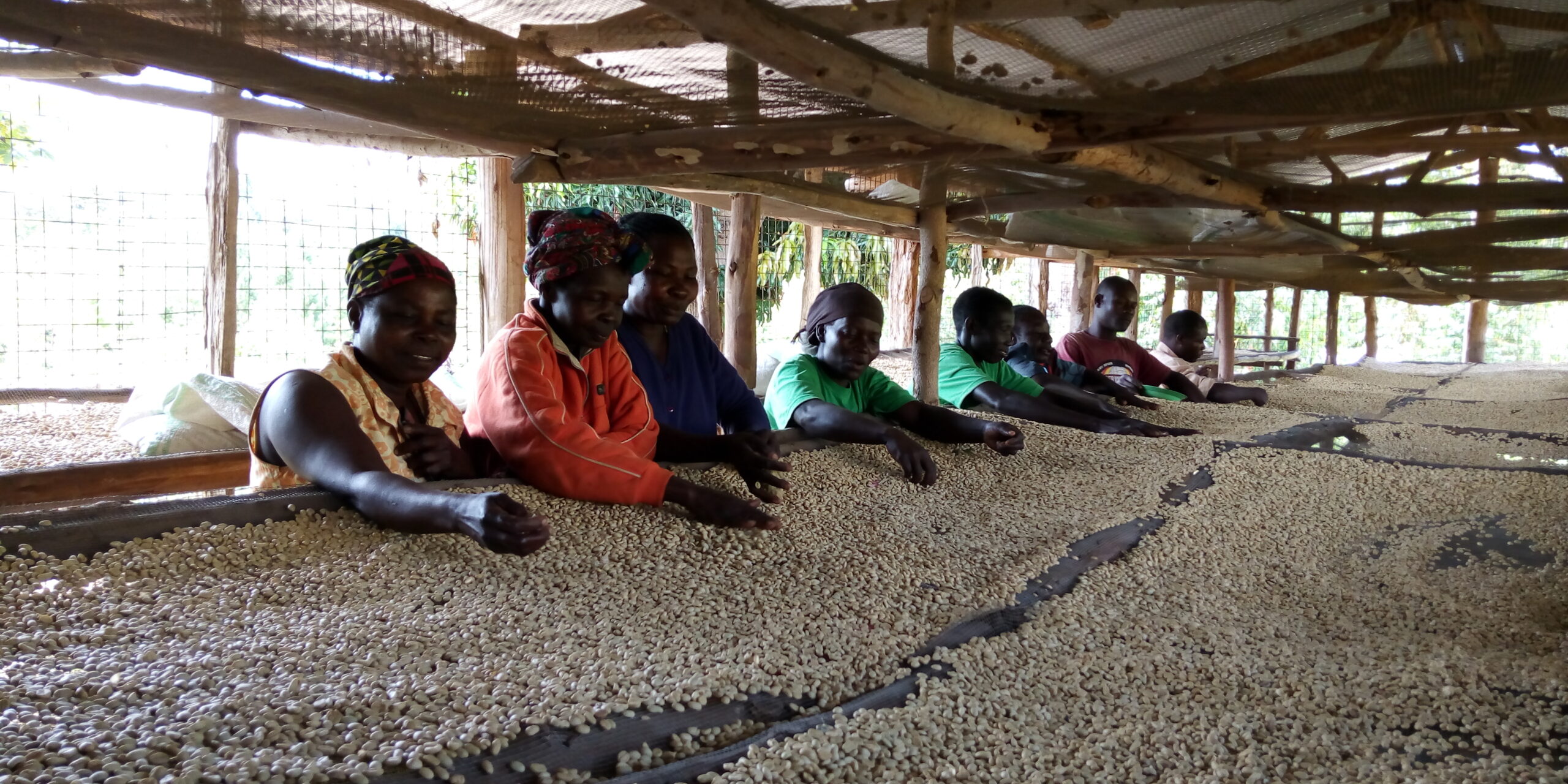NEBBI – Coffee farmers in West Nile region investing in organic Arabica coffee have been advised to maintain the quality of coffee beans in order to maintain coffee quality that suits the international market.
This was revealed during Power and Voice Stake holders’ Engagement meeting, held at GAF Hotel in Nebbi Municipality.
Agency for Community Empowerment (ACE) advised farmers in West Nile region to promote Coffee and Horticulture with the aim of enhancing value chains to increase their production and income.
According to the Program Coordinator, Agency for Community Empowerment (ACE) Aggrey Chombe says, for many years, coffee farmers couldn’t differentiate coffee that could meet the international market but with the trainings being held, farmers are able to process quality coffee needed for exports.
“We do central processing, storage and quality control of coffee that meets the international standards through close monitoring of farmers,” Chombe said.
He adds that the organization that started in 2011 has so far trained 5000 farmers across the region, where females contribute 50% and males also contribute 50% in micro coffee processing for export through shade drying of coffee that meets the international moisture content of 11-12% world market.
He said last year as a result of trainings of farmers on post-harvest handling and quality assurance, the organization managed to buy quality coffee beans from coffee farmers and exported more than 3 containers of the processed coffee to Netherlands, New Zealand and Kuwait and that was first success registered.
“To meet the international market, farmers must practice under shade coffee drying with the moisture content of 11-12%,” Chombe said.
The district Production Officer of Nebbi, Severio Nyakuni said, if coffee farmers don’t properly handle the coffee, it’s price and quality in the world market gets affected due to poor storage and drying of coffee.
Nyakuni says, farmers must be trained on quality control so as not to cause a decline in coffee prices in the world market due to ignorance in handling coffee.
“The price of our organic coffee is not steady because our coffee farmers are desperate to generate quick money due to poverty rather than set quality coffee beans which fetch higher price,” Nyakuni said.
However, Secretary for Production and Natural Resources Nebbi district local government, Morris Kwach says, it’s a mandate by the government to rehabilitate the traditional cooperative societies for economic prosperity of farmers to realize the benefit of cooperatives.
https://thecooperator.news/masindi-youth-advised-to-form-cooperatives/
He said it would be easier to train farmers on quality control if coffee farmers are in their cooperative unions such that the country exports quality coffee which competes globally and the benefit comes back to farmers through their cooperatives in terms of bonus.
“To change the mindsets of our people to cooperatives, we need to empower cooperative societies like in the past when they would benefit struggling farmers by setting prices for their commodities,” Kwach said.
The Nebbi Deputy Resident District Commissioner (DRDC) Emmakol Onyango says, coffee has money but in most cases the money ends up in the hands of middlemen who dictate over the price of coffee for profit margin, but if farmers could bulk their coffee, there would be progress.
“We have seen farmers selling their farm products from their gardens without even resting in their stores or granaries and this is a sign of poverty among the farmers which calls for the capacity building of our farmers,” Onyango said.
Meanwhile, one of the officials from Uganda Coffee Development Authority (CDA) operating in West Nile region, Andama Otubu says, most of the farmers are lazy in handling their beans and this affects the quality and the price of coffee in the world market.
He adds that, coffee must be dried on tarpaulins and must be washed with clean water such that the quality and prices of coffee is not affected by dust due to poor handling right from its production process.
Andama said, this year the price of parchment coffee beans per kilo with the moisture content of 11% is Shs.7500 and red cherry goes for Shs.1500 per kilo, meaning that if a farmer maintains the quality of his coffee beans, he or she reaps a lot per season.
One of the coffee farmers in Nebbi district, Salvatore Okumu says, the on-farm sales of coffee have affected their coffee returns and at the end of the season, farmers are left bare handed without physical cash for tangible development.
“It’s quite hard to maintain quality control because farmers have different levels of poverty which bars most of them to practice quality control and besides that, the presence of middlemen have taken the center stage of the farmers,” Okumu said.
Buy your copy of theCooperator magazine from one of our countrywide vending points or an e-copy on emag.thecooperator.news
